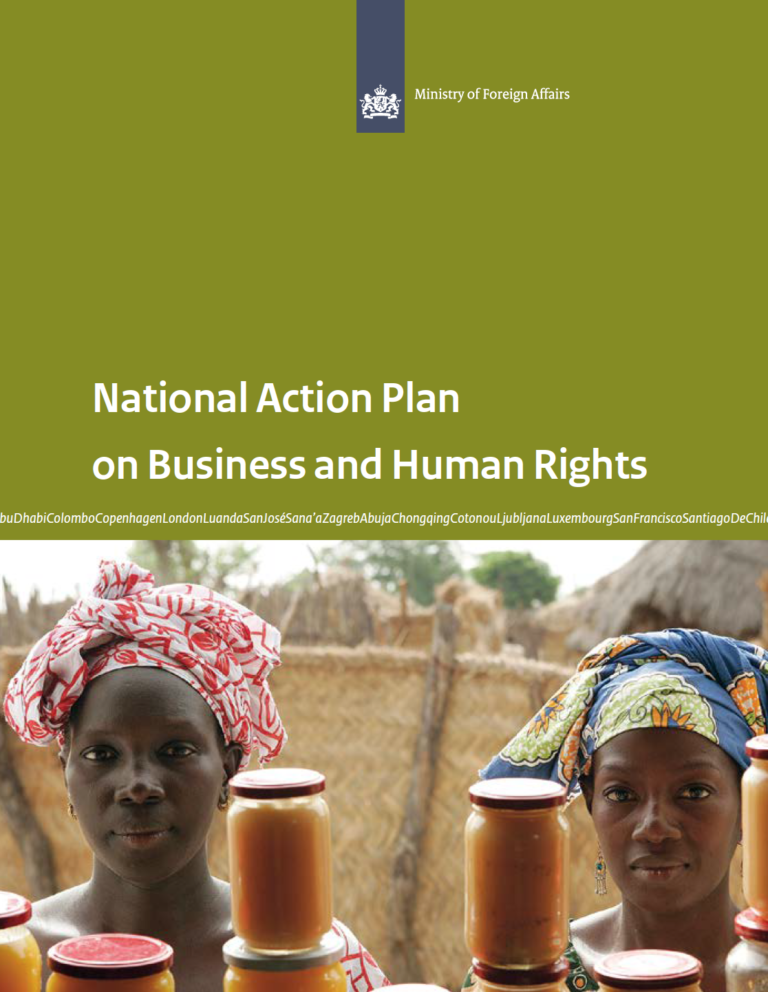Baseline Assessment: Knowledge, Attitudes and Practices Related to Child Trafficking and Commercial Sexual Exploitation of Children in West Bengal
GuidanceSeefar and My Choices Foundation (MCF) are testing interventions that can help reduce the prevalence of Child Trafficking (CT) and Commercial Sexual Exploitation of Children (CSEC) among 12–18-year-olds in 3 targeted districts of We...Read More

